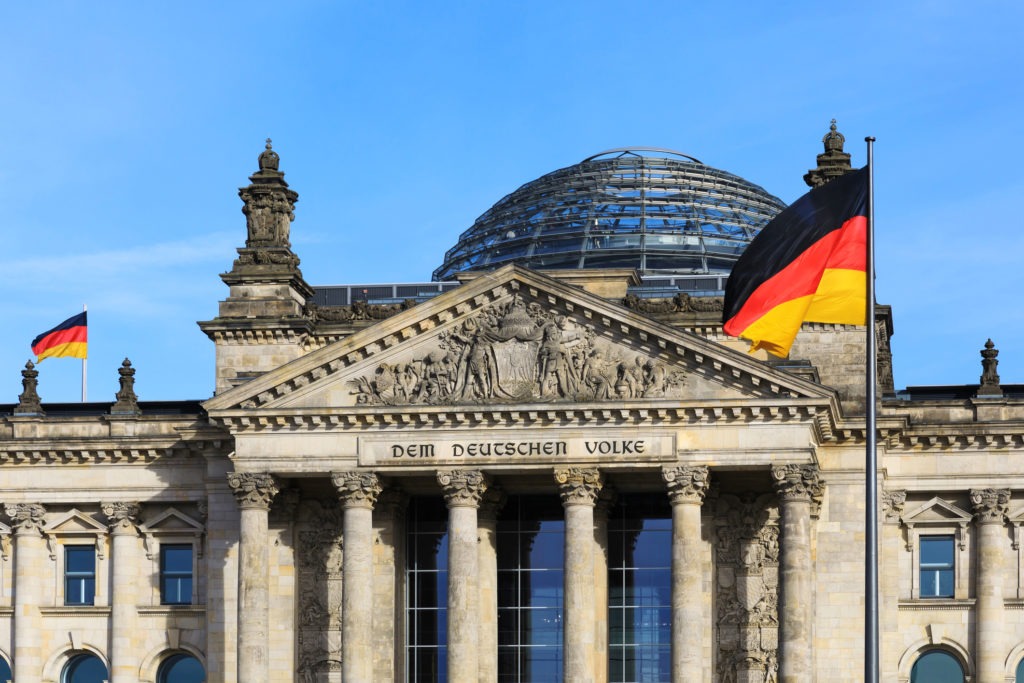Germany to increase diesel-retrofitting fund as Madrid issues ban
04 December 2018

4 December 2018
The German Government is to double the funds available to help cities in the country avoid diesel driving bans.
Chancellor Angela Merkel announced that it would pledge around €2 billion to help improve air quality in the country, up from the €1 billion it initially announced. This comes after a meeting with municipal representatives who voiced their concerns that the original pledge was not enough.
The Chancellor said the extra money would be made up €500 million into the initial pledge for retrofitting cars, followed by €432 million for hardware retrofits of small trucks with older diesel engines.
Germany has been pushing carmakers to do more to ensure that cities around the country do not have to implement diesel bans. Currently, Hamburg has such measures in place, while Stuttgart and Frankfurt are bringing in new legislation from next year.
Transport Minister Andreas Scheuer said in November that the automotive industry has ′moved very much’ on its position concerning hardware retrofitting, where new exhaust technology will be added to older diesel vehicles to reduce the levels of nitrogen oxides (NOx) and other dangerous pollutants they emit.
According to Scheuer, manufacturers have agreed to support owners of diesel vehicles with up to €3,000 per vehicle, in each of the 15 cities in the country where air pollution limits are particularly strong.
The minister also said that his ministry would, by the end of 2018, present guidelines on manufacturing improvements that would help curtail nitrogen oxide (NOx) emissions, which cause health issues and add to air pollution. It is due to this that German environmental group DUH has been suing municipalities over.
Scheuer also said he expected it to take around six months after that to develop hardware retrofits and those would then need to be approved by the Federal Motor Transport Authority too.
Merkel said 249 German cities had NOx concentrations below the EU limit of 40 micrograms per cubic meter, while 65 cities had higher concentrations than that.
Of those 65 cities, 40 had a reading between 40 and 50 micrograms and should therefore not have driving bans because the measures already agreed are expected to reduce the concentrations quickly, Merkel said.
Madrid ban
Meanwhile, the city of Madrid in Spain has banned a significant amount of downtown traffic to improve air quality and reduce noise pollution. In a two-mile restricted area, only residents and public transport vehicles can enter, with the administration hoping this move will reduce nitrogen dioxide (NO2) levels by 40%.
Non-residents and taxis need an environmental badge to drive across the boundaries marked on the streets with red lines. Only petrol vehicles registered in 2000, and diesel vehicles from 2006 can receive the badge.